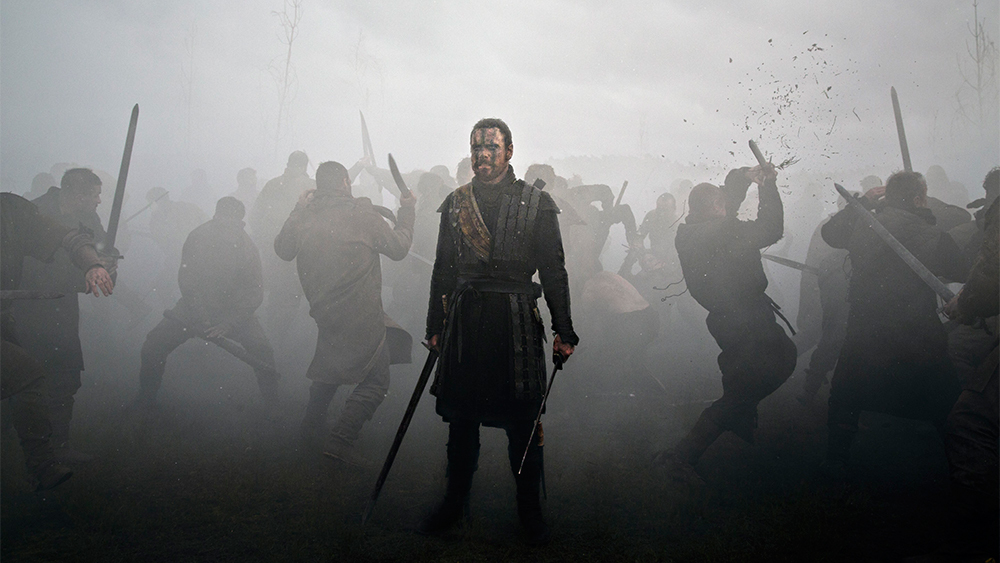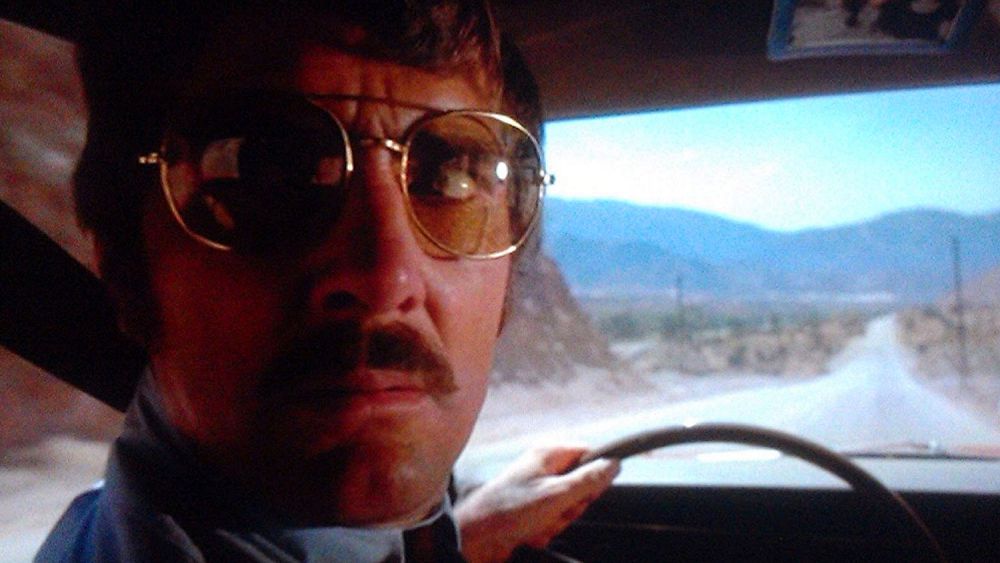Storytelling Tips – Don’t Judge Your Characters
The best storytellers, the best screenwriters, the best filmmakers, the best actors, the best novelists (and so on) are those who do not judge the characters they are portraying.
You can see this in the plays by William Shakespeare. Sure, he was probably aware of how his audience felt about certain characters. But whether they would see them as heroes or villains, it didn’t colour the way he wrote them.
Macbeth is a mass-murdering, power-hungry soldier who is prepared to kill his best friend to make it to the top. And yet, most of the play is told from his point of view. To a degree, Shakespeare lets Macbeth off the hook by implying his wife and the witches led him along the path to murder.
Even the witches are not judged. They are presented as women in touch with the dark side of the supernatural, demons and devils and the like. But there’s no preaching on Shakespeare’s part. A character might throw a curse at an evil witch but, as a writer, Shakespeare doesn’t.

When you read a play by Shakespeare, you get the feeling all the characters are equals in his mind (if not in society). Servants have as many interesting things to say as Kings. And often provide more insightful observations.
And this equality of character is surely a major reason why these plays are still going strong.
A lesser writer would have made some characters the main feature, while relegating others to dehumanised cliches. And those stories would then have gone quickly past their sell-by-date as the morals and attitudes of Elizabethan folk evolved. A story written as a judgement by people of one age will appear old fashioned to anyone who comes later, with modern attitudes and morals.
Good vs Evil
So many stories are presented as the good guy or girl vs some kind of irrationally evil person, who just ends up as a collection of everything that disgusts us about humanity. The story creators have decided this will make their story more popular by giving you no chance to dislike anything about the hero or like anything about the villain.
If the creators of a movie have already decided who is the good character and who are the bad ones, they are making a decision about the character instead of leaving it for their audience to make up their own minds.
When I worked in a cinema and had to watch The Dark Knight as part of my job. I saw that film over 100 times as a result. I took the opportunity to analyse the story and I realised this was a lot more interesting than the usual good vs evil superhero movie. The reason this one stands out above the some other Batman films for me: Batman is not so obviously the good guy. And you have to admit – The Joker often makes more sense than Batman.
Isn’t there some small part of us that would like to act like The Joker sometimes? Isn’t that actually what makes a great villain? And I’m not talking about people with mental health issues deciding to act out psychopathic fantasies. I’m saying, many of us feel frustrated at the (often absurd) laws of society and have a suppressed urge to break them.
In this movie, Batman is pretty flawed and his sanity is called into question. Meanwhile, his enemy is almost the more rational of the two. And when he states to Batman that they need each other in this eternal battle of law vs chaos, it blows away every other good hero vs despicable villain movie.
What I love about this film is rather than telling us who is right and who is wrong, it asks the question – who is actually the mad one, The Joker or Batman?
Alan Moore’s classic comic book The Watchmen was one of the first to investigate the psychology of a superhero. he asked himself the question – What kind of person would take it upon themselves to administer physical punishment on people they had decided themselves were deserving of it? And his answer was either a sociopath or a psychopath.
Hence the line in The Dark Knight when Batman insists to the copycat vigilantes: “I don’t need help!” and one of them replies, “Not my diagnosis!” And can any of us really argue with that?
So, when you are creating characters and you want them to stand the test of time, you had better act like a psychologist yourself – what is your diagnosis?
Too easy
If you judge a character, you are simplifying them. Sure, it makes them easier to create – just a checklist of what’s considered to be evil by contemporary standards.
But if you take a more objective view, then it forces you to think more and explore people. Thus, a more open-minded approach inevitably leads to greater insight and more rounded characters. And this applies to life as well as storytelling…
When it doesn’t apply
When the “evil” part of the story is some kind of powerful and mysterious supernatural force. Because in story playing with primal humans fears, such as the fear of the unknown, this evil “character” should be presented as something ultimately unknowable.
What is the evil force in a film such as The Shining? Some say it is the house itself. The fact that idea is up for debate shows you the way to get under people’s skin is to avoid laying out what the evil is.
In Spielberg’s Duel we never see the driver of the killer truck, for example. Certainly, that would have been a less powerful story if the driver had turned out to be an ordinary old movie psychopath.
In these battles of humanity vs dark destructive forces, the “hero” is often best presented as an ordinary guy or girl. That doesn’t mean 1 dimensional, but rather a well developed character who a majority of the audience will sympathise with.
In The Shining, this is played by Wendy and Danny. Apparently, one reason Stephen King disliked this adaptation of his novel was down to the casting of Jack Nicholson. In the book, Jack Torrance appears to be an ordinary guy which makes his transformation into an axe-wielding killer all the more disturbing.

In Duel, Dennis Weaver plays David Mann, your average terrified motorist driving your average car. Imagine if this character had been an experienced stunt driver in a customised car. We would have watched that film more impassively, sitting back while good vs evil slugged it out for our entertainment.
But because that character could have been any one of us, we are right there in the car with him. This ordinary man is no match against a mysterious truck driver seemingly intent on killing him, which makes it all the more gripping.
Eager to learn more?
Join our weekly newsletter featuring inspiring stories, no-budget filmmaking tips and comprehensive equipment reviews to help you turn your film projects into reality!
Simon Horrocks
Simon Horrocks is a screenwriter & filmmaker. His debut feature THIRD CONTACT was shot on a consumer camcorder and premiered at the BFI IMAX in 2013. His shot-on-smartphones sci-fi series SILENT EYE featured on Amazon Prime. He now runs a popular Patreon page which offers online courses for beginners, customised tips and more: www.patreon.com/SilentEye

